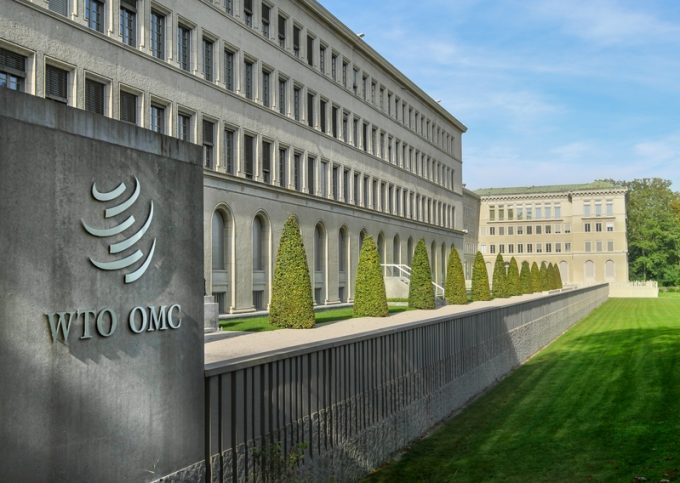Costly import red tape means UK food prices will rise, expert warns
UK food importers are clashing with the government over a threat of inflationary increases to ...

The UK and the EU are entering into a key phase of negotiations in terms of their future trading relationship and, as things stand, it is quite possible that no agreement will be reached on a free trade agreement (FTA), which would mean a hard ...

Comment on this article